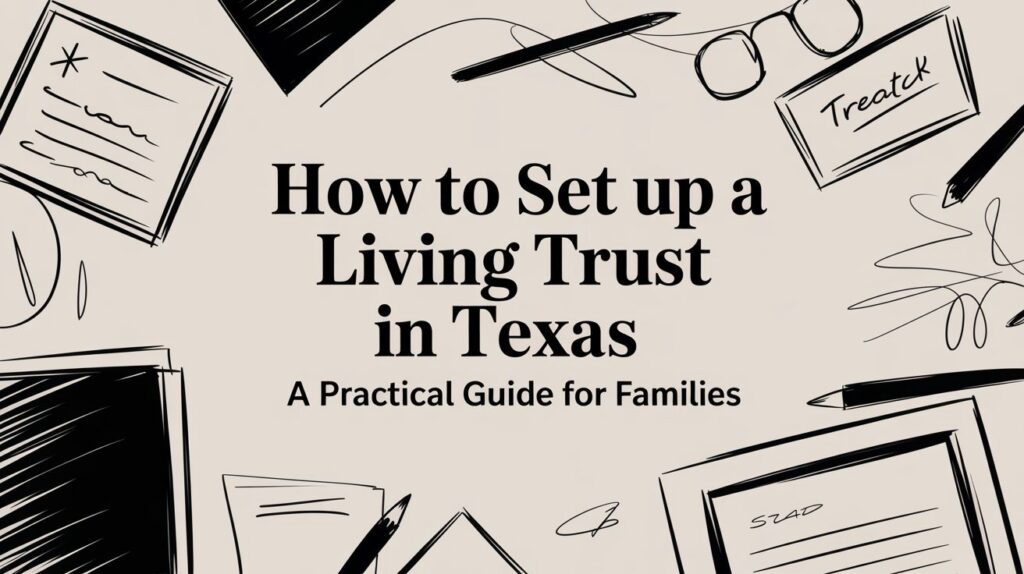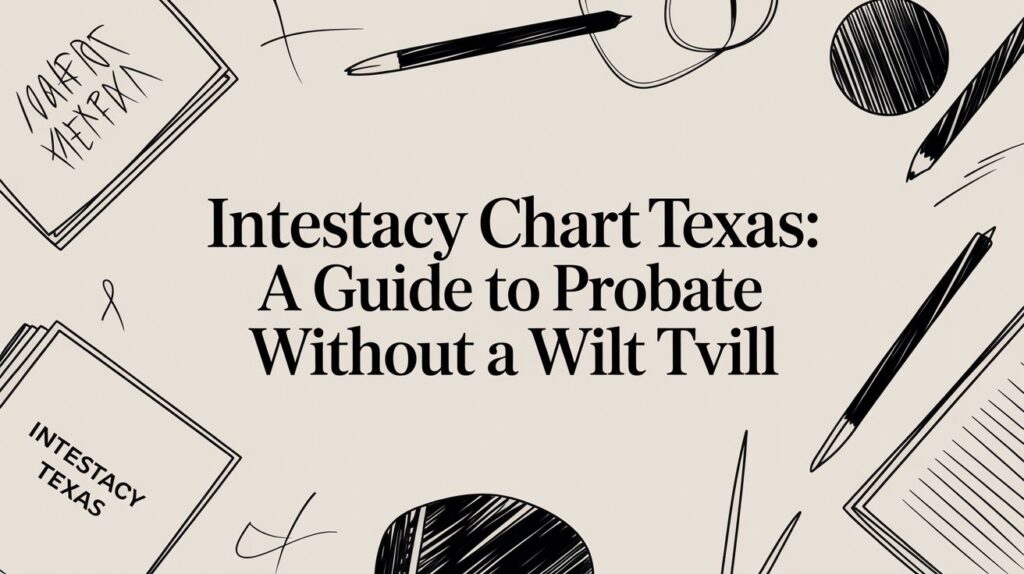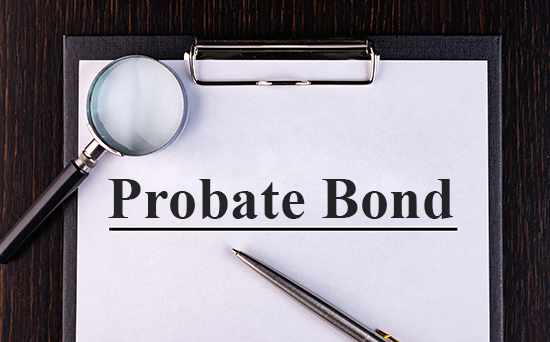Probate is the legal process that takes place after someone dies. It ensures that their debts are settled and assets are distributed according to their will. If they don’t have one, everything will be done according to state law. While probate serves an essential function, it is often a slow, costly, and emotionally draining experience for families. Many people unknowingly make mistakes that complicate the process, resulting in significant delays, unexpected expenses, and even the loss of assets. Understanding the most common probate pitfalls and how to avoid them can help ensure that your loved ones don’t face unnecessary financial or legal burdens after your passing. Whether you’re planning your estate or handling the probate process for a deceased relative, knowing what to watch out for can make all the difference.
Why Probate Can Become a Nightmare
Probate isn’t inherently bad. However, it can quickly become a nightmare due to missteps in estate planning or the mishandling of legal procedures. Some of the biggest issues that make probate difficult include:

- Time Delays: Probate can take months or even years to complete, depending on the complexity of the estate and any legal disputes.
- Legal Fees: Attorney costs, court fees, and administrative expenses can eat into the estate’s value.
- Family Disputes: Conflicts over inheritances often arise, leading to lengthy and emotionally charged legal battles.
- Loss of Control: When an estate goes through probate, the court ultimately decides how assets are distributed. This sometimes may not align with the deceased’s wishes.
Many of these problems stem from common mistakes that could have been avoided with proper planning.
Mistake #1: Failing to Create a Will
One of the most significant mistakes people make is dying without a valid will. When someone passes away intestate (without a will), the probate court decides how their assets will be distributed based on state law. This can lead to outcomes that the deceased may never have intended, such as distant relatives inheriting instead of close friends or charities the person supported.
Additionally, dying without a will can cause unnecessary stress for surviving family members, who may have differing opinions on how assets should be divided. This often results in costly legal disputes that drag on for years.
Mistake #2: Choosing the Wrong Executor
An executor is responsible for handling the probate process, paying debts, and distributing assets. Many people choose a family member as their executor without considering whether they have the skills or temperament for the job. An executor should be organized, trustworthy, and able to navigate legal and financial matters. If the wrong person is chosen, probate can become chaotic, leading to mismanagement of assets, missed deadlines, and legal conflicts.
To avoid this, select an executor carefully and discuss the responsibilities with them in advance. If no suitable family member or friend is available, hiring a professional executor or attorney may be the best option.

Mistake #3: Overlooking Non-Probate Assets
Not all assets have to go through probate. Many people fail to take advantage of this by structuring their estate in a way that minimizes probate involvement. Common non-probate assets include:
- Life insurance policies with designated beneficiaries
- Retirement accounts such as 401(k)s and IRAs with named beneficiaries
- Jointly owned property with rights of survivorship
- Trusts designed to bypass probate
If these assets are properly designated, they pass directly to the beneficiaries without going through probate, saving time and money. However, failing to update beneficiaries or structure these assets properly can lead to unintended consequences.
Mistake #4: Forgetting to Update Beneficiary Designations
Many people assume that their will governs all of their assets, but that’s not the case. Beneficiary designations on life insurance policies, retirement accounts, and payable-on-death bank accounts override the instructions in a will.
If these designations are outdated—for example, listing a former spouse or a deceased relative—assets could end up in the wrong hands. To prevent this, review and update your beneficiary designations regularly, especially after major life changes like marriage, divorce, or the birth of a child.
Mistake #5: Not Using a Trust When Needed
A common misconception is that a will alone is enough to protect an estate from probate complications. While a will is essential, it doesn’t always prevent probate. It only provides instructions on how assets should be distributed during the process.
For individuals with complex estates, significant assets, or concerns about privacy, a trust is often a better option. Trusts allow assets to be transferred without going through probate. This provides beneficiaries with immediate access while avoiding court fees and delays.
Revocable living trusts are particularly useful because they allow the creator to retain control over their assets during their lifetime while ensuring a seamless transition after death. A properly structured trust can also help protect assets from creditors, lawsuits, and potential mismanagement by beneficiaries.
Mistake #6: Failing to Plan for Estate Taxes and Debts

Even if probate goes smoothly, estate taxes and outstanding debts can significantly reduce the inheritance left for beneficiaries. Many people don’t realize that creditors have the right to claim money from an estate before assets are distributed. In some cases, family members may be forced to sell assets, including homes or businesses, to cover debts and taxes.
Proper estate planning can help minimize these financial burdens. Strategies such as gifting assets before death, using trusts, and leveraging life insurance can help ensure that heirs receive the maximum possible inheritance. Consulting with an estate planning attorney or financial advisor can help identify the best strategies for your situation.
Mistake #7: Poor Record-Keeping and Lack of Documentation
When probate begins, courts require clear documentation of assets, debts, and estate planning documents. Unfortunately, many families struggle to locate important records, leading to delays and potential legal issues.
To avoid this, keep all estate planning documents, account information, and financial records in a secure but accessible location. Inform your executor or trusted family members about where these documents are stored.
Mistake #8: DIY Estate Planning Without Legal Guidance
With so many online templates and DIY estate planning services available, many people attempt to draft wills and trusts themselves. While this might seem like a cost-saving measure, it often leads to errors that invalidate the documents or create confusion during probate.
Estate laws vary by state, and improper wording, missing signatures, or outdated laws can cause a will to be contested or even disregarded. A poorly drafted estate plan can ultimately cost families far more in legal fees than hiring an attorney upfront would have.
Mistake #9: Ignoring State-Specific Probate Laws
Probate laws differ significantly from state to state. What works in one jurisdiction may not be valid in another. For example, Texas has unique probate processes that allow for independent administration, which can simplify the process if proper steps are taken in advance. Other states may have stricter requirements that make probate more time-consuming and expensive.
If you own property in multiple states or plan to move, understanding the probate laws in each jurisdiction is crucial. Consulting with a local estate planning attorney can help ensure your documents are legally sound wherever you reside.
Avoiding Probate Pitfalls: The Key to Protecting Your Family
Probate can be a stressful, expensive, and time-consuming process, but many of its challenges can be avoided with proper estate planning. By creating a well-structured estate plan, choosing the right executor, keeping documents updated, and understanding how different assets pass outside of probate, you can protect your family from unnecessary legal and financial burdens. Seeking legal guidance and taking proactive steps today can make a significant difference in how smoothly your estate is handled in the future. The key is to plan early, review your estate plan regularly, and ensure your loved ones have the resources they need to navigate the process with ease.








